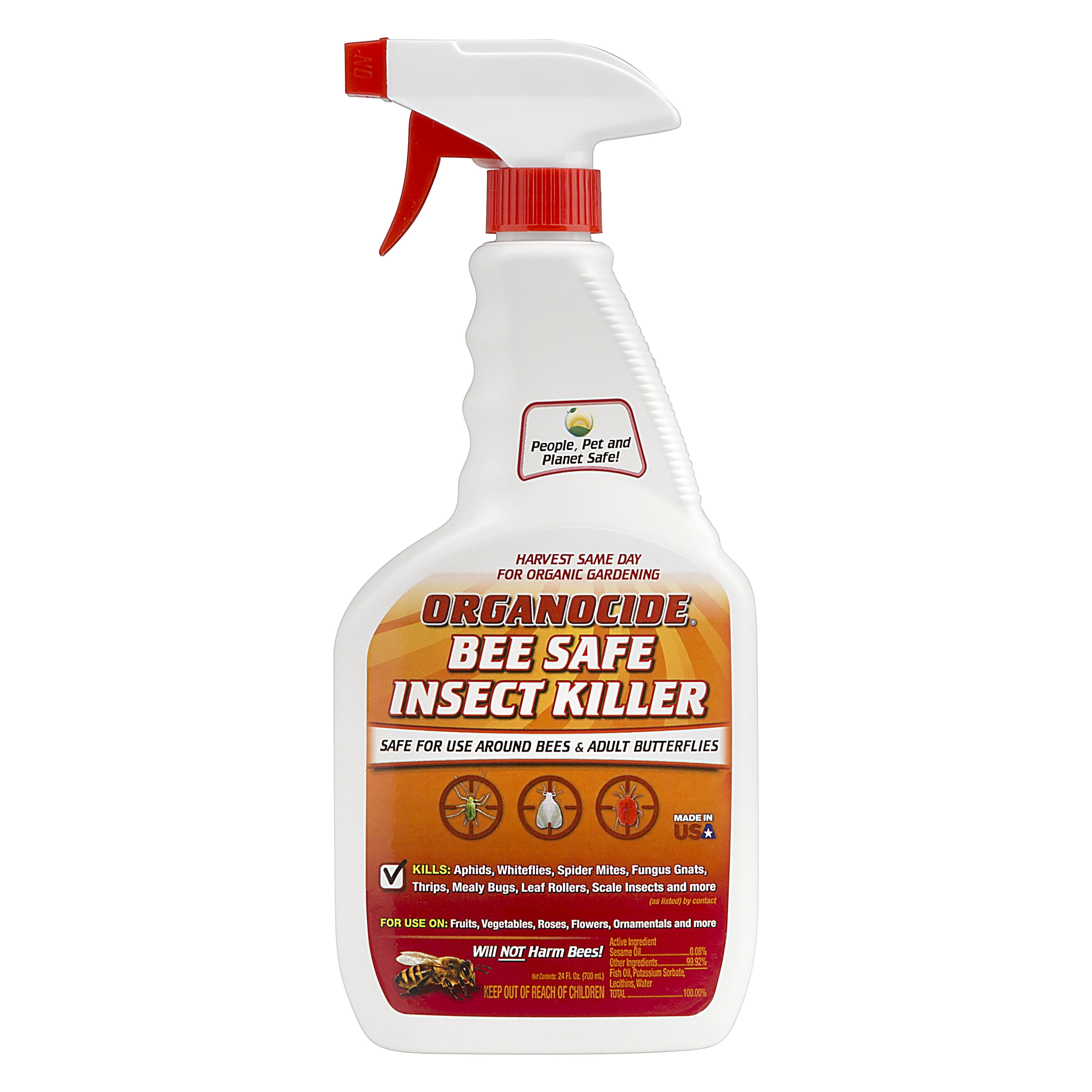

(Colorado is among 34 states where it’s legal to spray dicamba on genetically modified crops, though few acres are planted with soybeans.) But in three decades of running bees to California, he said he’s never had so many beekeepers tell him they’ve come up short. Johnston hasn’t had trouble with his bees, which he raises far from agricultural fields.

INSECTICIDES AND PESTICIDES KILL BEES PROFESSIONAL
Lyle Johnston, president of the Colorado Professional Beekeeping Association, typically sends almond farmers 75,000 hives, including about 7,000 of his own. But this season, beekeepers have been struggling to fill their trucks with hives and are facing massive cuts to what is typically their biggest paycheck of the year. More than 70 percent of the nation’s commercial honeybees are shipped to pollinate California’s million acres of almond orchards every winter. The Adees typically manage 80,000 to 90,000 hives, “but our numbers have been so destroyed the last couple of years, we’ve started using other people’s bees,” Adee said. South Dakota, where Adee Honey Farms is based, reported about 250,000 acres of dicamba-injured soybeans since 2017. As a result, he said, “you tend to have weaker hive strength because of lack of forage and nutrition.” Drought in several top honey-producing states not only depleted bees’ forage, but also led to more herbicide use because stressed plants don’t easily absorb the chemicals. This year’s honey crop was “very poor” in several regions, Cox noted. Last fall, the agency extended approval through 2020.ĮPA officials declined to comment, citing the government shutdown. In 2011, the EPA’s own scientists cited Mortensen’s work to conclude that increased use of dicamba could affect pollinators.īut the agency registered dicamba in 2016 despite the warnings, Reveal from the Center for Investigative Reporting and the Food & Environment Reporting Network reported in November. Nine years ago, agricultural ecologist David Mortensen had told EPA officials that allowing dicamba use on genetically modified crops would pose serious risks to wild plants and the pollinators they sustain. Now with dicamba, beekeepers must contend with a scourge that can wipe out the food and habitat bees need to thrive. All these factors, as well as climate change, have been linked to colony collapse disorder, which emerged more than a decade ago and destroyed 30 percent to 90 percent of some beekeepers’ hives. Official statistics for 2018 have not been released.īeekeepers long have struggled to protect their hives from parasites, viruses, insecticides, and other colony-destroying threats. A recent study published in the journal Nature Communications found that bee colonies in clothianidin-treated fields saw up to 66% fewer males than colonies that weren't exposed to the chemical, and up to 74% fewer queen bees.From 2016 to 2017, US honey production dropped 9 percent. Exposure to clothianidin especially threatens the lives of queen bees, which are the backbone of a hive. Studies have shown that clothianidin impairs a bee colony's immune response and ability to reproduce. In a statement, Bayer's v ice president and associate general counsel, Kristine Kring, said those products aren't sold in the US and have " little or no commercial significance" for Bayer. One of Bayer's now-banned products is used as a protective coating for potatoes, while the other is a household rose- and flower-care product. The other EPA-banned pesticides (two from Bayer and four from Valent) contain clothianidin, a neonicotinoid that's thought to be slightly more toxic than thiamethoxam. High doses of thiamethoxam might also make honeybees less tolerant to a virus called Chronic Bee Paralysis, which can kill them. These products contain the active ingredient thiamethoxam, a neonicotinoid that can cause bees to become hyperactive in the short term and can impair their motor function in the long term. Of the list of EPA-banned pesticides, six are made by Syngenta. A Miami-Dade County employee sprays insecticide in the Wynwood neighborhood.


 0 kommentar(er)
0 kommentar(er)
